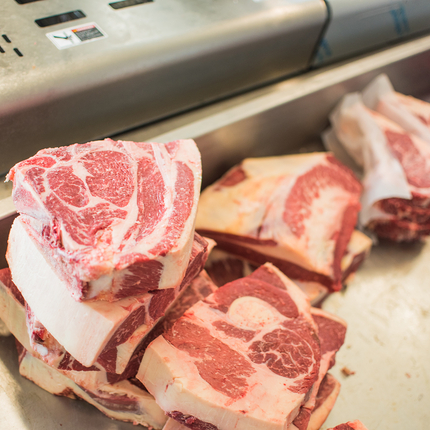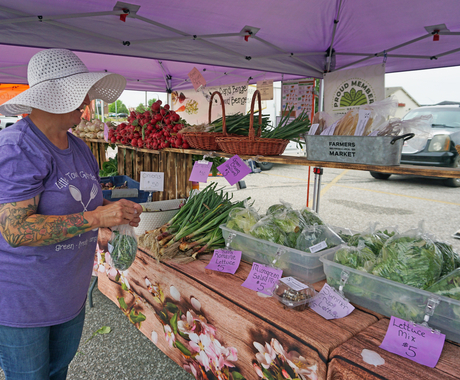Teresa Hoffman, senior communications associate, teresah@cfra.org, 402.687.2100, ext. 1012
LYONS, NEBRASKA – Just over one year after lawmakers unanimously approved its creation, the Nebraska Legislature’s Appropriations Committee is recommending nearly $10 million in funding for the Independent Processor Assistance Program (IPAP) as part of the state’s allotment of recovery funds from the American Rescue Plan Act.
“This program was created to help local processors secure the space and equipment needed to keep up with an historic increase in demand for their services,” Johnathan Hladik, policy director for the Center for Rural Affairs, said in applauding the committee’s recommendation. “The pandemic caused significant disruptions at processing facilities across the state, and funding this program gives the industry a chance to recover and thrive.”
As part of the IPAP, small and medium processors can receive financial assistance for modification or construction of buildings; packaging, processing, and storage equipment; technology to improve logistics or enable e-commerce; and workforce training.
The funding request was offered as part of Legislative Bill (LB) 755, introduced by Sen. Tom Brandt. It mirrored a $10 million appropriation from Gov. Pete Ricketts in LB 1014, his recommended state budget adjustments.
The Center is also pleased to see funding for programs addressing food access and local food production in the Appropriations Committee’s recommendations. The committee is recommending $20 million to increase local food capacity by supporting innovative partnerships between local businesses and producers and to help the state’s food banks purchase food and make infrastructure improvements. The funding request was part of LB 1201, introduced by Sen. Wendy DeBoer.
Hladik thanked Sens. Brandt and DeBoer for their dedication in bringing these issues to the forefront, and members of the Appropriations Committee for recognizing their importance as they decided how to allocate ARPA funding. He encourages lawmakers to give their support as well.
“This funding will help processors and producers develop much-needed solutions while supporting strong farms, open markets, and a food economy that preserves a healthy rural future,” Hladik said. “With everyone looking for affordable and nutritious food options, it also gives Nebraskans more choice when deciding where to spend their food dollar.”




